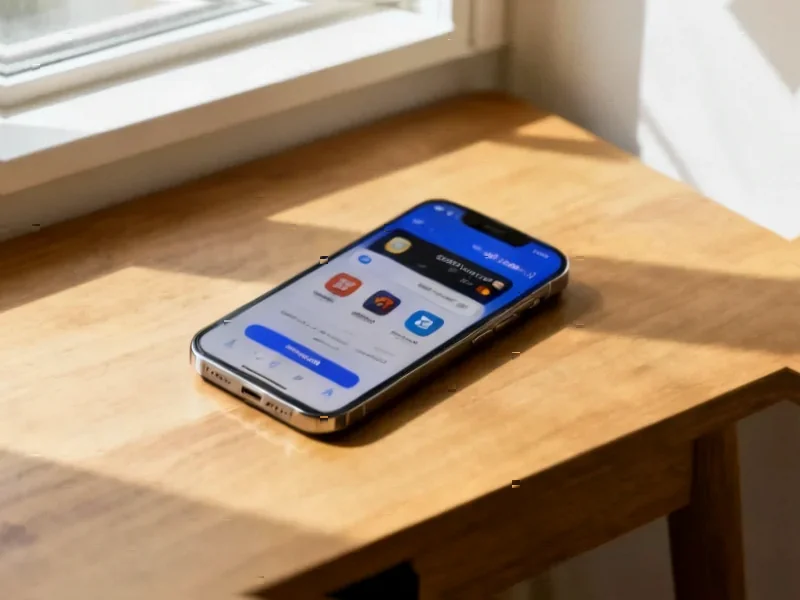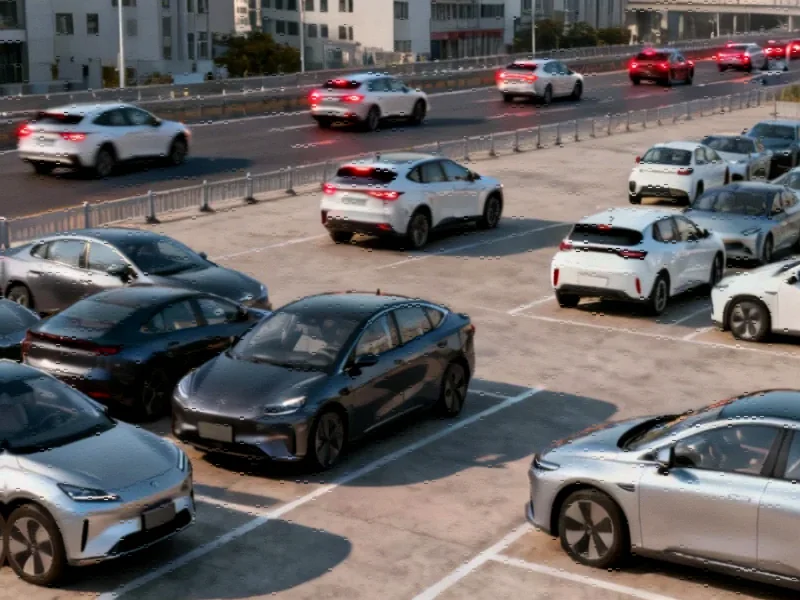According to Android Police, Google and Epic Games have submitted a joint proposal to the court that could end their years-long legal battle. The proposal comes after a 2023 jury verdict found Google guilty of illegally monopolizing the Play Store and its billing service. Google’s President of Android Ecosystem, Sameer Samat, announced the deal on X, saying it will focus on expanding developer choice, lowering fees, and encouraging competition while maintaining user safety. Epic CEO Tim Sweeney called Google’s proposal “awesome” and specifically contrasted it with Apple’s approach to third-party app stores. The changes would allow developers to use alternative payment methods with service fees of either 9% or 20% instead of Google’s standard rates, and would permit third-party app stores that meet Google’s security guidelines.
What this means for Android
This is basically Google admitting that their walled garden approach wasn’t working anymore. But here’s the thing – they’re trying to have their cake and eat it too. They’re opening up Android to more competition while still maintaining some control through those “security guidelines.” The real question is whether those guidelines will be reasonable or just another way to maintain dominance.
And let’s talk about those fees. A drop to 9% or 20% for apps using third-party payment processing? That’s still pretty steep when you consider that payment processors like Stripe charge around 3%. Google’s basically saying “fine, use someone else, but we still want our cut.” It’s progress, but it’s not exactly the revolution some developers were hoping for.
The Apple contrast
Tim Sweeney wasn’t subtle about comparing this to Apple’s approach, and he’s right to highlight the difference. Apple has been fighting tooth and nail against third-party app stores and alternative payment methods. Google’s move here positions Android as the more open platform, which could actually work in their favor long-term.
Think about it – developers who are frustrated with Apple’s restrictions might start prioritizing Android development. That could shift the balance in the mobile ecosystem. But will users actually bother with third-party app stores? Most people just want their apps to work without jumping through hoops.
The security question
Google’s insistence on verifying developer identities for apps distributed outside the Play Store makes sense from a security perspective. We’ve all seen how malware can spread through unofficial channels. But there’s a real concern that this could become a backdoor way to control what gets distributed.
The big test will be how restrictive those security guidelines turn out to be. If Google makes the process too burdensome, developers will just stick with the Play Store despite the higher fees. It’s a delicate balancing act between security and genuine openness.
What happens next
Now it’s up to Judge Donato to approve or reject this proposal. Given that both parties have agreed to it, approval seems likely. But the real impact will take months, maybe years, to play out. Will we see a flourishing ecosystem of alternative Android app stores? Or will most developers decide the Play Store’s reach is worth the higher fees?
One thing’s for sure – this settlement puts more pressure on Apple to reconsider its own App Store policies. The two tech giants are taking very different paths, and it’s going to be fascinating to watch which approach wins out in the long run. The mobile app landscape we know today might look completely different in just a few years.





Thanks for sharing. I read many of your blog posts, cool, your blog is very good.